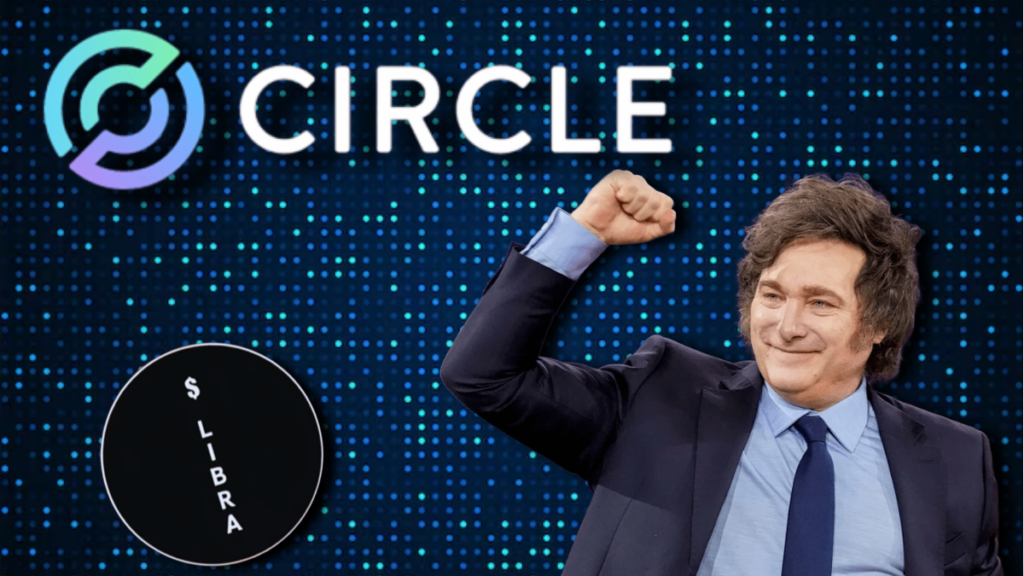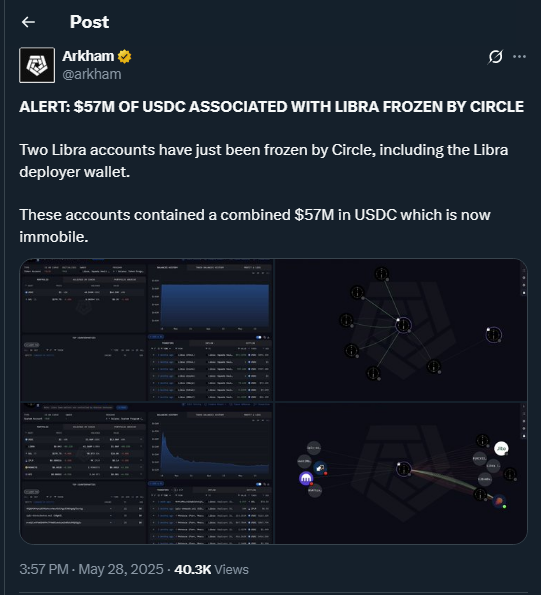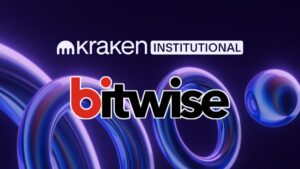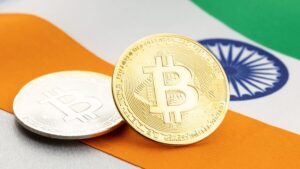TL;DR
- Circle, issuer of the USDC stablecoin, froze two Solana-based wallets linked to the Libra memecoin scandal, holding a total of $57.6 million.
- The freeze was ordered through judicial action involving both U.S. and Argentine authorities.
- The crypto community is calling for greater transparency regarding who requested the freeze and under what legal framework it was implemented.
Circle has frozen two digital wallets containing more than $57 million in USDC, alleging connections to the Libra project, a memecoin that exploded onto the Solana blockchain earlier this year. According to a report by Arkham Intelligence, one of the wallets holds $44.59 million while the other, which deployed the token, contains around $13 million.
The legal action was led by Burwick Law, a firm known in crypto circles for its involvement in cases like HAWK and Pump.fun. Meanwhile, in Argentina, lawyer Martin Romeo confirmed that the local justice system also initiated similar proceedings. The origin of the court order remains disputed between jurisdictions. Legal experts in the crypto space argue that this type of coordinated action could set an important precedent for future global investigations.
The Libra token drew significant attention due to its alleged endorsement by Argentine President Javier Milei, who reportedly promoted it as a tool for local entrepreneurs. After a meteoric rise that pushed its market cap past $2 billion, its value plummeted by over 90%, raising red flags among users, media, and regulators. The rapid collapse also exposed the lack of oversight on political and financial influencers who promote such assets without technical knowledge or institutional backing.
Decentralization Remains a Core Principle Worth Defending
While some in the ecosystem welcome legal responses to potential scams, others criticize the ability of centralized issuers like Circle or Tether to freeze assets without clear decentralized oversight. Token freezing can be useful in legal probes, but it also raises concerns about abuse if no transparent, balanced framework is established that respects core crypto principles.
It’s important to note that President Milei has denied any direct involvement in the project, claiming his mention was misused. Nonetheless, he now faces legal charges, and an Argentine judge has already requested the lifting of banking secrecy for both him and his sister.
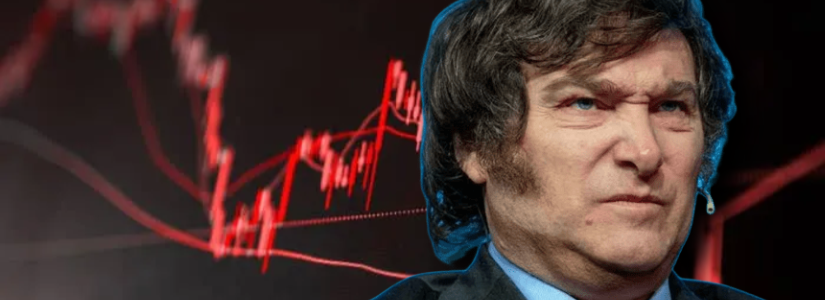
Despite the controversy, this case should not be used to discredit the entire industry. The crypto ecosystem remains a fertile ground for financial innovation. Individual mistakes and malicious projects must be addressed through proper legal channels, without tarnishing the legitimate progress toward freer and more open financial systems.


